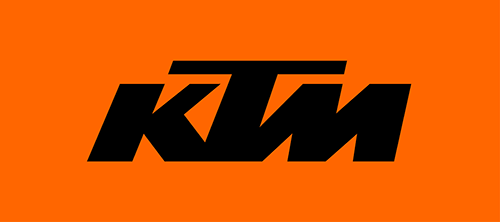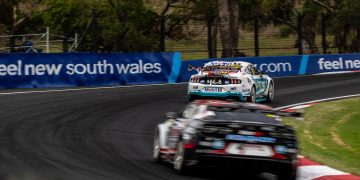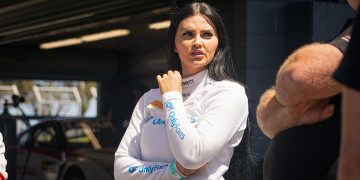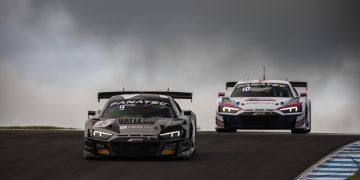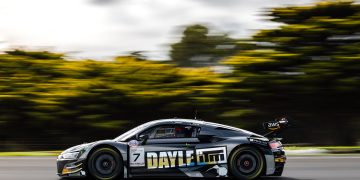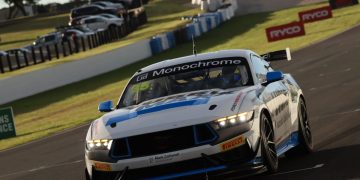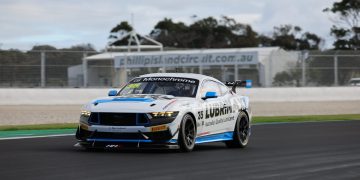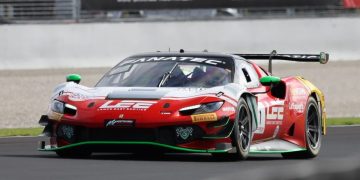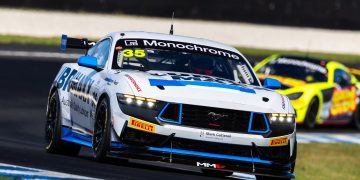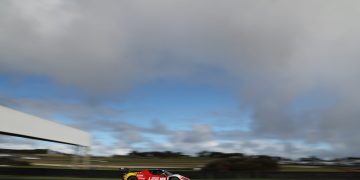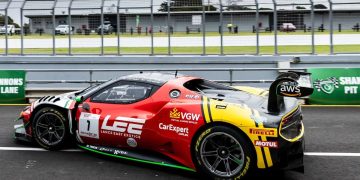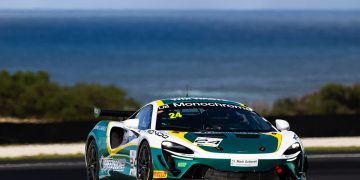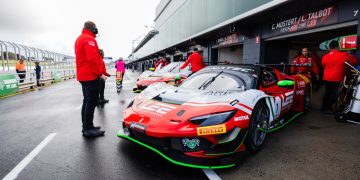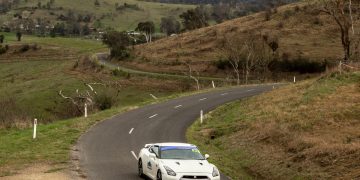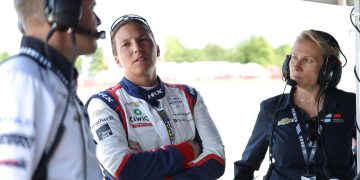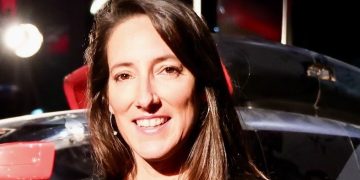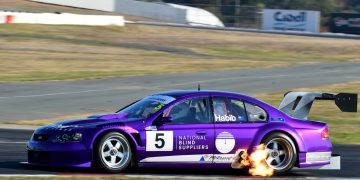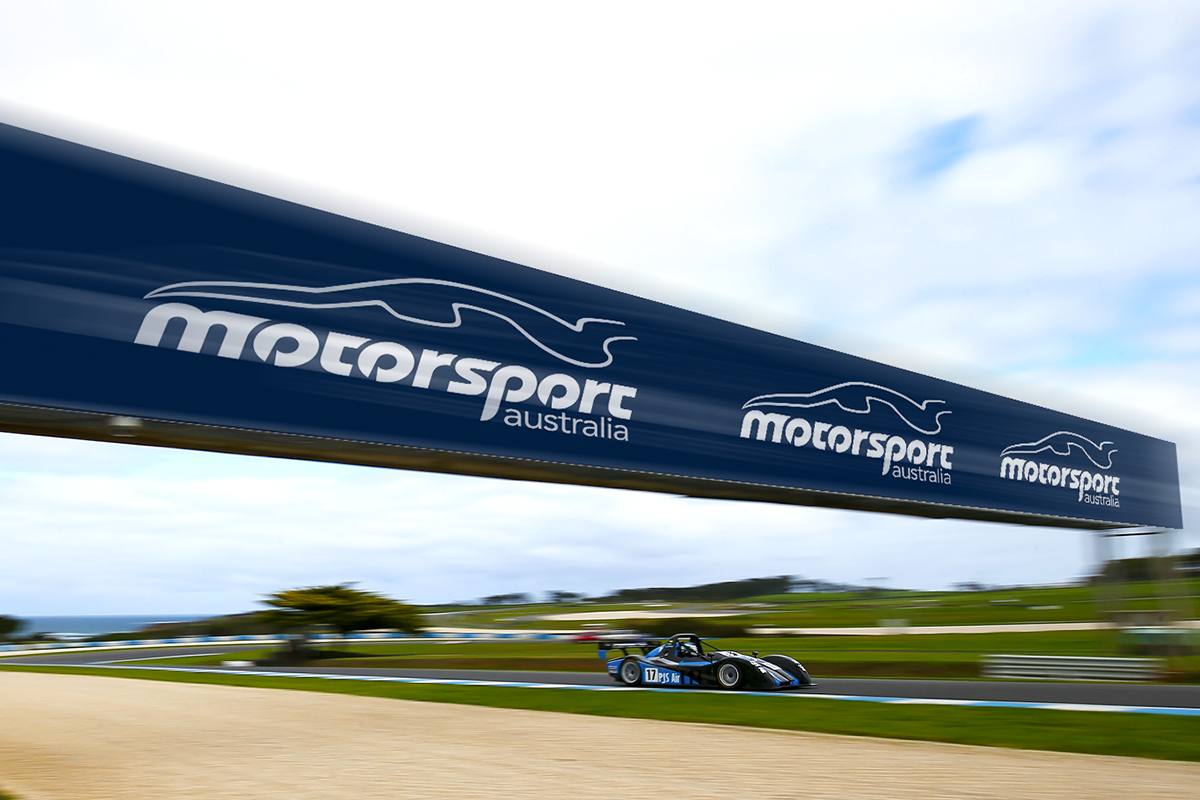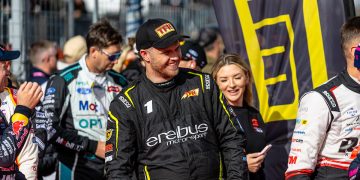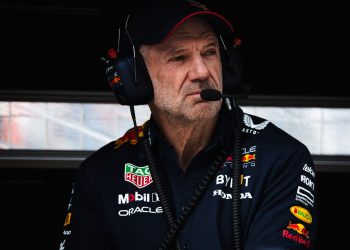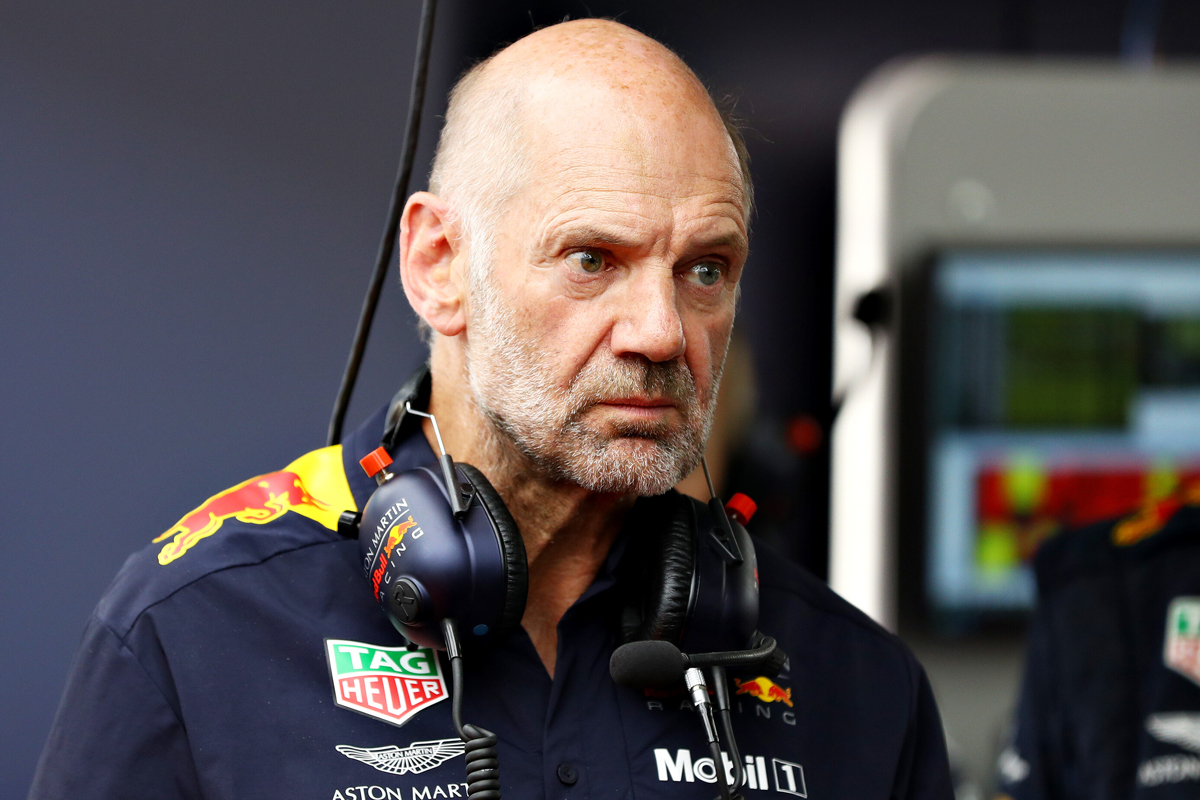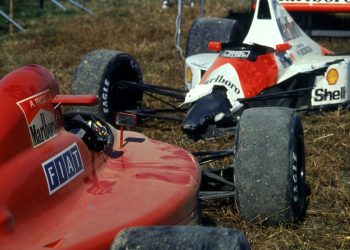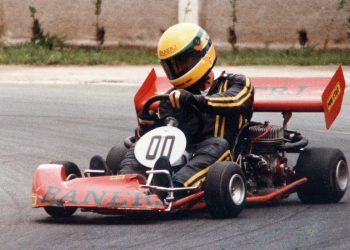
Several drivers have shared their opinion on Formula 1's Sprint Qualifying, with Max Verstappen restating his dislike of the format.
This weekend's Sao Paulo Grand Prix marks the third and final time this season that the Sprint format will be used.
It is, however, set to feature at six rounds of the (currently) 24-event 2023 season, though which of these is yet to be confirmed
Introduced in 2021, the format introduces a 100km race on Saturday afternoon in place of a traditional hot-lap style qualifying session, which is moved to Friday afternoon.
The order set in Qualifying defines the order for the Sprint, the outcome of which sets the grid for the grand prix proper.
The revised format means there is just a single 60-minute practice session before cars go into parc ferme and competitive track action begins.
A second practice session follows on Saturday prior to the Sprint, however teams cannot make set-up changes during the session, giving the hour limited value.
It's a concept introduced to achieve two goals; improve the television spectacle and offer greater meaning (and therefore spectator interest and attendance) to the opening day of an event for the promoter.
While Formula 1 has changed qualifying formats somewhat routinely throughout its history, the Sprint format is by far the most radical and polarising.
“I think we should just stick to one race,” said 2022 champion-elect Max Verstappen.
“I don't understand what the problem is with that because I think we've had so many exciting races, so you don't need to add just, whatever, one-third of the race distance.
“Everyone is super careful anyway because if you are fighting for third, and you have a little touch and you drop back to be whatever, last, then your race on Sunday is going to be really tough.
“So probably you're not going to risk it, and that's not what a race should be about.”
While Verstappen's complaints centred on the racing spectacle, and risk, others looked at the impact on the broader event.
“It's a very draining weekend,” said Alpine's Esteban Ocon.
“All the sessions, they count. Basically, when you do FP1, it's the last time that you can touch the set-up of the car, so you need to be on it every run, every lap, you need to get the most understanding as you possibly can.
“And then all the sessions after that it's Qualifying, so mega important. FP2 a bit less, but then you have to Sprint Quali, so again, super important.
“You can't really do a mistake in that weekend because you are going to lose an enormous amount of points and it's quite tricky.”
Lando Norris has admitted that while not adverse to change, he does like the weekend as it has traditionally played out.
“Growing up always just like having qualifying and then a race. Like that's always what I've known Formula 1 to be, so in a way, I'm with Max on that,” he said.
“I love just to build up, the pressure of having Qualifying and one race, nothing coming in between, like that's just the structure of it.
“But at the correct tracks, I also don't mind it [Sprint Qualifying],” he added.
“If you want to put on a better show, which is what the whole point of it is, then that I understand it, but I like Formula 1 how is it is just because I've grown up watching it and being part of it.”
Verstappen also argues that it diminishes the value of pole position and its meaning.
“It's just also because you know okay, I got pole, but then you have the sprint race, that's the one I have to survive,” he said.
“And then they all celebrate, I didn't know what it is but a podium after the Sprint has been so confusing because yeah, nice to get a medal but I mean, I don't know what to do with it.”
Verstappen has won both Sprints held so far in 2022, at the Emilia Romagna and Austrian Grands Prix, amassing him 16 points following changes to the points allocation for 2022.





